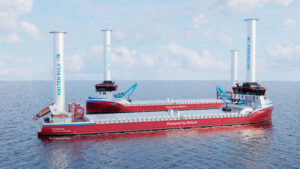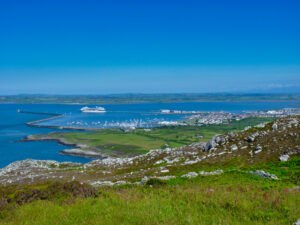Japanese shipping company NYK Line and Malaysia’s leading shipping line MISC are the new members of MAMII.
The two new members have joined the Methane Abatement in Maritime Innovation Initiative (MAMII), led by Safetytech Accelerator, which brings together industry leaders, technology innovators, and maritime stakeholders to advance technologies for monitoring, measuring, and mitigating methane emissions in the maritime sector.
The full list of its members now includes CoolCo, United Overseas Management, Capital Gas, Celsius Tankers, Global Meridian Holdings, Mitsui O.S.K. Lines, NYK Line, MISC and TMS Cardiff Gas, Maran Gas Maritime, Mediterranean Shipping Company, Carnival Corporation & Plc, Seaspan Corporation, Shell, Lloyd’s Register and Knutsen Group.
MAMII also confirmed three new members of its collective of shipping leaders aiming to reduce the environmental implications of methane slip from Liquefied Natural Gas (LNG) – widely understood to be an environmentally superior maritime fuel.
MAMII was established on September 6th, 2022, and has experienced substantial growth in its inaugural year, from seven initial members to 16 today.
In its first year the initiative has produced a methane strategy landscape report for all partners, covering methane regulatory requirements, ‘Well to Tank’ and ‘Tank to Wake’ analysis, and cost benefit analysis.
It also examined more than 150 technology companies to create an ecosystem of 27 companies covering methane capture, measurement, and abatement, of which 13 are actively engaged with MAMII partners.
However, speaking at Gastech, leaders of the initiative emphasised that the technology ecosystem for methane measurement and abatement still required significant time and investment.
Steve Price, MAMII Programme Director, said: “The accomplishments of MAMII’s first year are testament to the maritime industry’s dedication to reducing its methane footprint.
“There is technology available today that can monitor and mitigate methane leaks onboard an LNG fuelled ship. Now, a common standard is critical to enable a unified approach to quantifying, capturing, and eradicating methane.
“With the right technology and the right monitoring of well to tank, the benefits of LNG over fuel oil can continue to be reaped, while the industry develops the infrastructure required for alternative fuels such as Ammonia and Hydrogen.”



